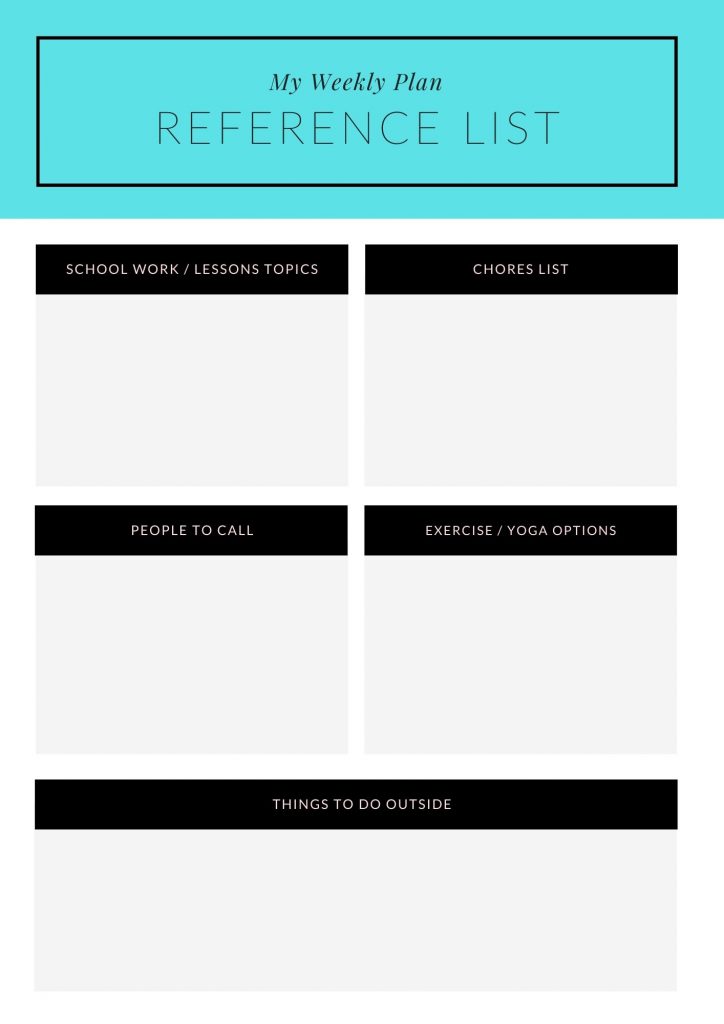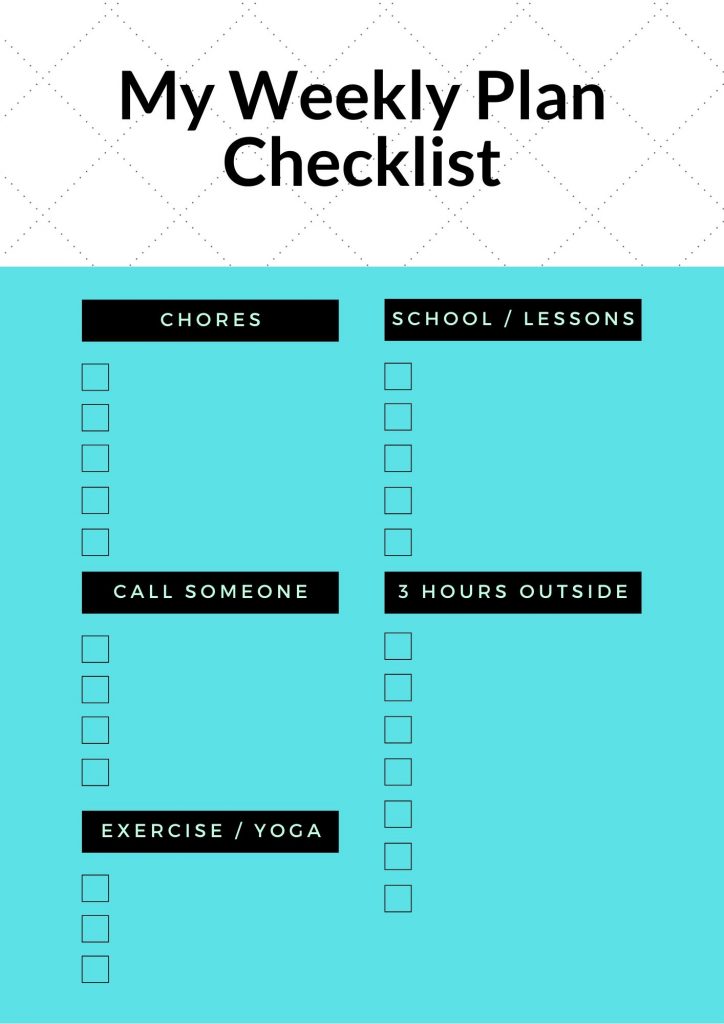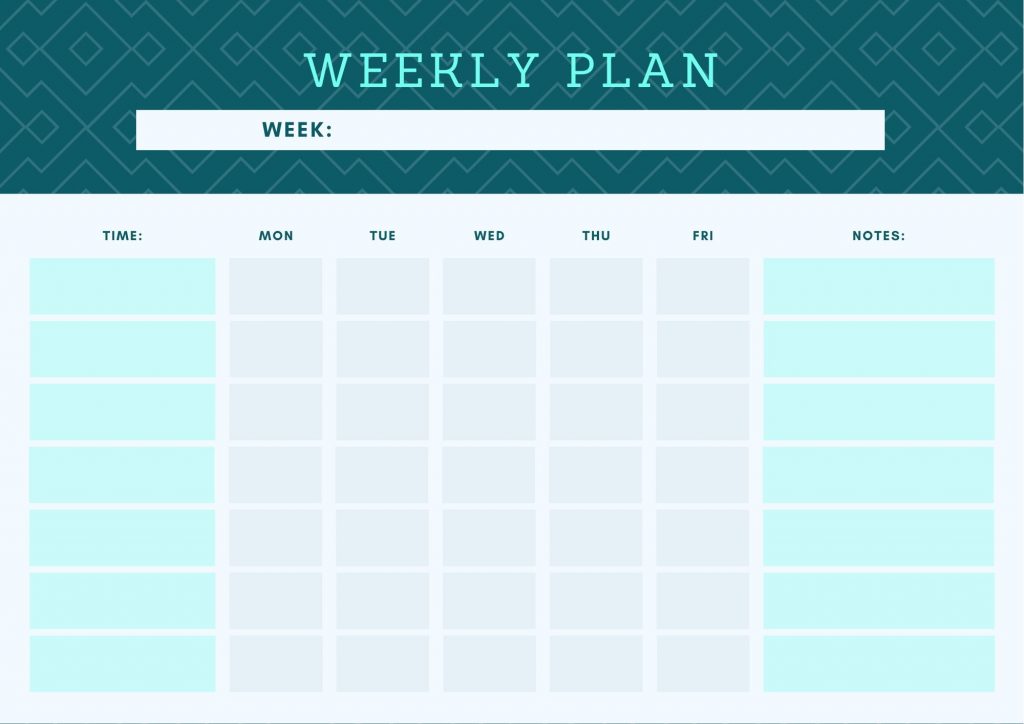Kids Taking Charge
This week many families embark on a new normal as many kids start schooling from home for the first time. Despite the challenges this may present, this change in routine also affords new learning opportunities. Empowering our kids to take control of their schedule, deadlines, responsibilities, and routines (all at an age appropriate level) supports the development of their executive functioning skills.
Executive functions are life management skills such as planning, organization, time management, flexibility, task initiation, and self-control. These are important life skills that help our kids grow into successful students, employees, and citizens.
I would argue that these skills are often more valuable than academic grades and book knowledge.
With fewer commitments in their schedules, our kids can really take ownership of their responsibilities and use and practice their executive functioning skills. As a parent, take some time to sit down with your child for a planning meeting.
- Use the Reference List below to help your child outline their responsibilities.
- Use the Block Schedule below to empower your child to make decisions on how they will use their time.
- Offer the Checklist below for your child to keep track of their responsibilities.
Additional Tips to Facilitate Executive Functioning Skills:
- If you have access, keep outdoor play as a vital part of the day. Outdoor play fosters creativity & problem solving, aids in our physical and mental health, and inspires wonder and curiosity. The benefits outdoor play cannot be replaced by any indoor activity or experience. Strive for 3 hours a day and be sure to check out the 1000 Hours Outside movement for more inspiration.
- To inspire thinking and responsibility, I often ask “I wonder ______” or “What is your plan to _____” in lieu of “Did you ____” or “Are you done with ______.” I use these questions during our planning meeting and when I check in with my child throughout the week.
- Allow your child to fail. This is especially hard, but missing a deadline at age 10 for a school project is much different than missing a course deadline at age 20 in college or a critical work deadline at age 35. Allowing your child to fail affords time to experience, process, and learn from the natural consequences of missed deadlines, poor scheduling, and disorganization while the natural consequences are small (i.e. poor grade, extra assignments, or loss of a privilege) and not the potentially life changing consequences at age 35 (loss of a job, loss of income, etc.).
- If your child is not yet reading, allow your child to organize their schedule using photos. If your child regularly benefits from picture schedules, check out LessonPix. It is a subscription site, but super affordable and easy to use.
- Remember, same does not always mean equal. The expectations, roles, and responsibilities of your 13 year old should be different than that of a 5 year old.
- Demonstrate your own executive functioning skills by making available your calendar, goal lists, and to-do lists. Kids model what they see, so be the example!
- To dive deeper, check out the book “Smart But Scattered” by Peg Dawson
This post contains a link to Amazon. As an Amazon Associate we earn a small percentage from your purchase through these links, at no additional cost to you. All funds go directly back to provide quality resources and materials for the kids in our programs.









